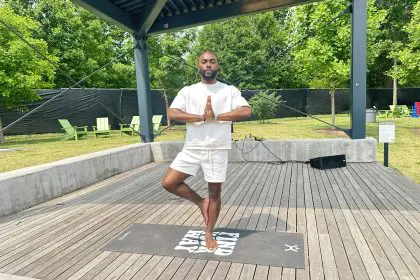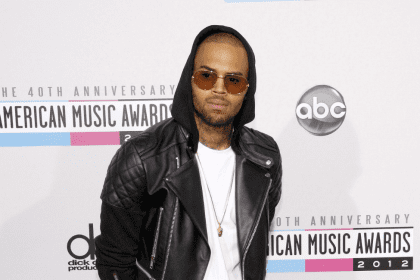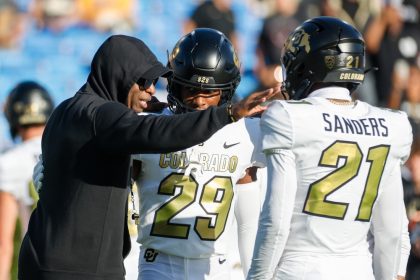
Many African Americans are unaware of the serious need for them to volunteer and register to become bone marrow donors to assist in treating blood diseases like sickle cell that impact some in the Black community. A bone marrow transplant, also called a stem cell transplant, is a medical treatment that replaces bone marrow with healthy cells.
Below are four things to know if they want to register to become a bone marrow donor at BeTheMatchAtl.org.
1. How bone marrow donations work
Oncologists and physicians use the Be The Match Registry® to search for donors with human leukocyte antigen (HLA) markers that match those of their patients. These protein markers are then used to match patients and donors for bone marrow or cord blood transplants. The human immune system uses these to recognize which cells belong in the body and which do not. Therefore, signing up for the Be The Match Registry is so essential for Black people who want to become donors. When one joins the registry, they are required to provide a sample of cells collected by swabbing the inside of the cheek.
2. Age
Age is a very important factor in becoming a bone marrow stem cell donor. Research has demonstrated that individuals age 18 to 35 serve as the best donors because younger donors provide the greatest chance for transplant success for patients with blood cancers. However, everyone up to age 44 may join.
3. Who is joining the registry
In 2020, more than 325,000 potential donors joined the Be The Match Registry. Thirty-three percent — nearly 108,000 — of the potential donors who joined the Be The Match Registry in 2020 were ethnically diverse. More diversity is still needed on the registry to help every patient find a match.
4. Who pays for the donation process
Donors never pay for donating and, likewise, are never paid to donate. Be The Match® covers travel, meals and hotel for donors and one companion. All medical costs associated with the donation process are covered by the patient’s medical insurance or Be The Match. The main cost of being a donor is time. The typical time commitment for the donation process is 20-30 hours spread out over a four-to-six-week period.
To find out how you can join the Be The Match Registry®, visit BeTheMatchAtl.org or text HEALTHIQ21 to 61474.
This op-ed was written by Torrance Stephens, Ph.D., an infectious disease scientist. His essays can be found at https://torrancestephensphd.substack.com/













